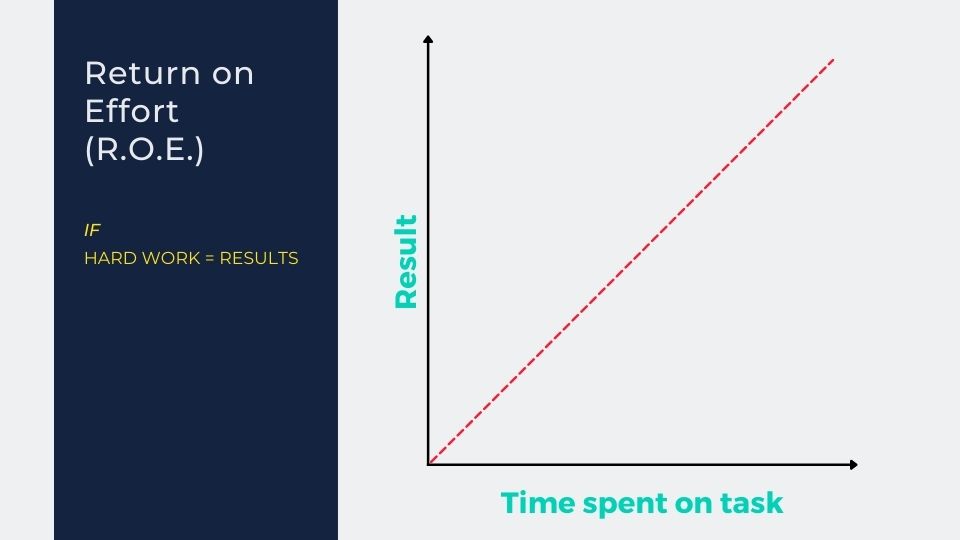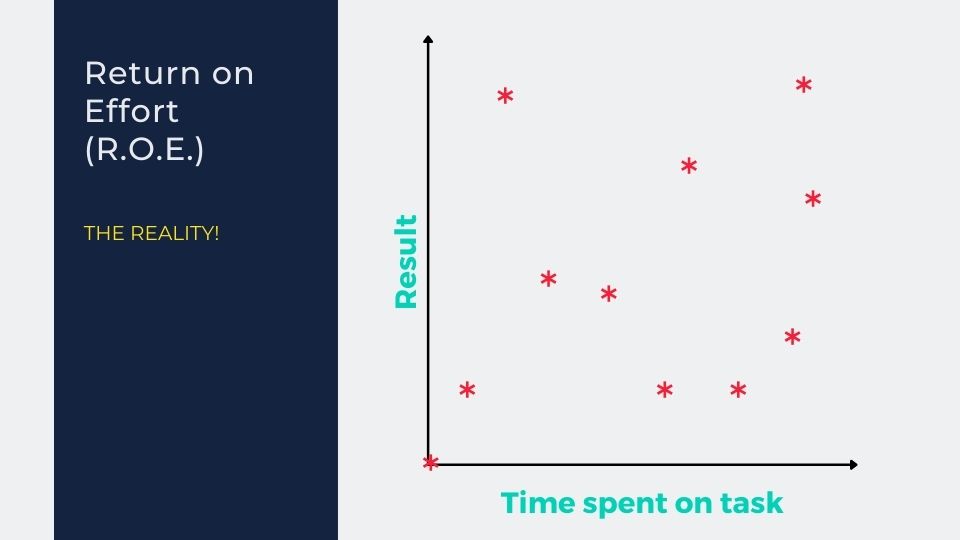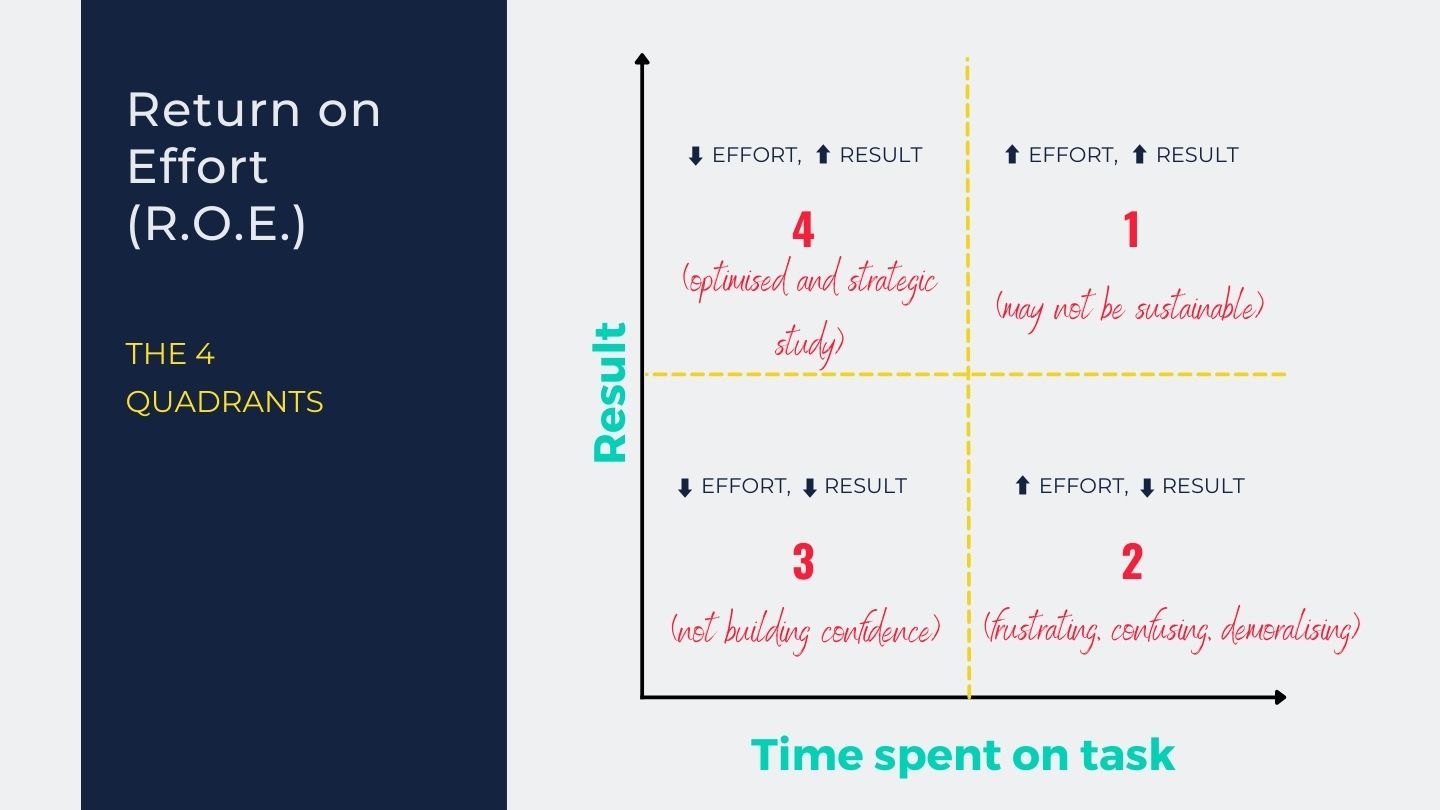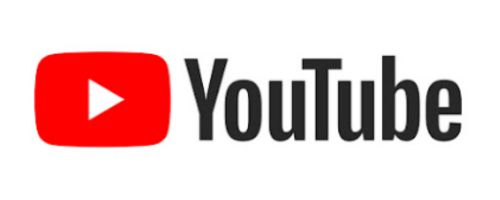Episode 127: Brutal Study Truth #1: More is NOT More
Ep. 127
→ Get the Free Parent Guide: 3 Huge Mistakes (Even Smart!) Students Make in Exams and Assignments - and how to fix them immediately so your teen confidently achieves their best ever grades.
___
→ Get the full episode transcript here: https://www.rocksolidstudy.com/127
This is the first of 3 brutal study truths that could be catching out your teen, meaning they end up working harder than they need to, missing out on marks they could be getting or just finding study, exams and assessment more stressful, uncertain or frustrating than it needs to be.
So let’s dive into Brutal Study Truth Number 1: More is NOT More.
FEATURED ON THE SHOW:
-
One page resource download: Evidence for the Exam Success Shortcut
-
Follow Rock Solid Study on Facebook
-
Follow Rock Solid Study on Instagram
-
Get your teen trained by Katie to excel in exams and assessment, using the most effective study strategies in the 10 Week Grade Transformation Program
- Have Katie speak at your school: Parent-Student 'Exam Mastery' Information Evenings for Schools

GRAPHS AS PROMISED!
The reality of words, time or effort vs. results:



TRANSCRIPT:
You’re listening to The Parents of Hardworking Teens Podcast, episode 127 - This is the first of 3 brutal study truths that could be catching out your teen, meaning they end up working harder than they need to, missing out on marks they could be getting or just finding study, exams and assessment more stressful, uncertain or frustrating than it needs to be.
So let’s dive into Brutal Study Truth Number 1: More is not More.
If it's not on the mark scheme it's not getting a mark, don't care about your opinion (essay) or interests (pick a topic), It's not about the storyline (what is the task a vehicle for)? Effort does not equal results.
Hey Very Important Parents and carers! I hope you and your teens are doing great and your day is going really well so far. I am brilliant, because I’ve had some really productive coaching sessions with students lately. Some, where I’ve had some moments where I’ve been a bit blunt or brutal about things, but I think it’s important to say things how they are, and I really want whatever it is to make an impact, not be forgotten, and I always do it with kindness and care.
I believe it’s possible to be blunt and also be caring and kind. And actually it’s not being kind to just gloss over certain things or let things go that really, do need to be addressed, or could make a positive difference if we address them.
So, on that note, I thought I’d share with you some of the brutal study truths that I’ve been confronting students with recently that I believe will be helpful and positive for you and your teen to know.
Because these are indeed truths. So whether we ignore them, gloss over them, or just don’t really know about them, that doesn’t mean they’re not there.
Better to be aware and then be able to work with them, rather than having them work against your teen and their efforts.
Brutal study truth number 1.
More is not more.
Yes, zero effort, zero words, zero time, will equal zero marks, but if you’re listening to this, then I doubt that is happening for your teen. The brutal truth is, that more effort, more time, more research, more words does not necessarily equal more marks.
If it DID, then we’d see a perfect straight line correlation between time or effort or word count and result. And we know that’s not the case.
I’ve shown this as an actual visual as a graph in my webinars before now. And so I’ll include it with the episode transcript on the webpage so you can see what I’m talking about. No opt-in required. Just go to www.rocksolidstudy.com/127.
Now I often run a challenge called the Most marks, Least words challenge.
And it’s not a special challenge that has to be fully set up by me, anyone can do this for any question. Though it works really nicely for short response exam answers.
It’s a great way to use past papers and mark schemes. You dissect the question, figure out exactly what it requires. Then also dissect the mark scheme, figure out what it demands. And then find out how to put that across, in a way that an exam marker would give full marks, but do it in the least words. It really hones all six elements of exam technique. Command words, marking guides, time use… and more.
And here’s what it looks like in action: I’ve shared this parent feedback before on a webinar too I think - or maybe in an email, but I’m not sure if I’ve shared it on the podcast before.
This was an email I received from Selina - Campbell’s mum.
When students aren’t totally clear and confident on, what to do and how to do it - at the level they want to achieve, this is when I see them using more time, effort or words than they need to. Because they end up hedging their bets, adding more just in case, waffling on not sure exactly what to write, but knowing it’s more than what they have,
So have your teen ask themselves - how can I get maximum marks - or maximum marks possible for me personally, given my subject knowledge and ability, - in the minimum words, in the most succinct way.
And if they’re not sure, then they know that they need to work on knowing what the question or task requires and how to meet the criteria on the mark scheme that their work or answer will be marked against.
Another example of more is not more is actually the other side of this - subject knowledge, information about the topic they’re learning or writing about.
Now, yes, subject knowledge is absolutely needed. But I often see students trying to compensate for other weaknesses by trying to increase subject knowledge or information.
One example of this really informed all of the coaching I do now and it was when I was coaching a student, Tara, on a research inquiry task.
You might’ve seen Tara. She’s one of the case studies on the 10WGT summary webpage and on the Next Level Coaching info page. And although I can’t recall exactly what we worked on and went through in the session, I vividly remember the end of it.
It was what led me to now almost always finish any coaching by asking the student - okay, tell me what your next two steps are - so I know they’re clear on what they’re doing AND that they’ve got clear actions and that they’re the right actions.
Because as we were wrapping up, Tara said ‘okay I think I’m going to go and do a bit more research on this first and then I’ll get into it.’
And I was like ‘No!’. You don’t need any more research.
Because she didn’t.
And what that was to me, was a clear signal that she was unclear on something about the task. Or didn’t feel confident to move forwards. Or there was something she wasn’t confident on. This extra research was a sneaky productive procrastination tactic (when you feel like you’re being productive, but actually you are just putting off something else that you actually SHOULD be doing.)
She didn’t need more research - Tara was a diligent student - she’d already done a ton. But I think Tara was hoping having or doing some extra research would make her clearer on or give her some extra confidence for something about the task that she wasn’t feeling ready to dive in on
So, I needed to check - what was it that she felt she needed, that she didn’t already have? What wasn’t she sure about? That was the thing that needed attention. Not more research around the topic.
Because I think we can all understand that stalling or putting off the trickier part of writing an analysis or crafting a thesis statement is more challenging than googling more topic info.
Doing more research is a) likely to feel less daunting than actually starting to write the task. And b) we can feel like having more subject info is going to make the writing of that task easier. Now, of course we need a certain amount, but there’s definitely a point where we have enough and more is not going to make the actual task or writing the response easier.
More information wasn’t going to lead Tara to more clarity on the the task demands, how to actually do it, and how to meet the criteria on the mark scheme. That’s a lot of HOW, it’s not more INFO. We know that knowledge is not the same as the skills of applying that knowledge.
Going over the word count is another example of this. It happens when students aren’t clear of exactly what’s required, how to put it across succinctly, or aren’t sure what will get marks and what won’t so feel like they have to put more in, just in case, or struggle to get to the point, because they’re not sure exactly what the key point is. (And then we know what happens next. They spend almost as much time again having to cut and cull - which is particularly tricky if you’re trying to do that, still being unsure of what is or isn’t truly required!)
So, if your teen is ever doing more of something they don’t actually need to be doing more of, I’d encourage you or them independently to dig a little deeper and see what they are avoiding or unsure of. That is the key to having them move forwards, on the right path, with confidence. And to not be wasting time on extra words, research, practise or whatever else it might be.
So, next week - Brutal Study Truth Number 2.
© 2026 Copyrights by Rock Solid Study | All Rights Reserved | Privacy Policy






